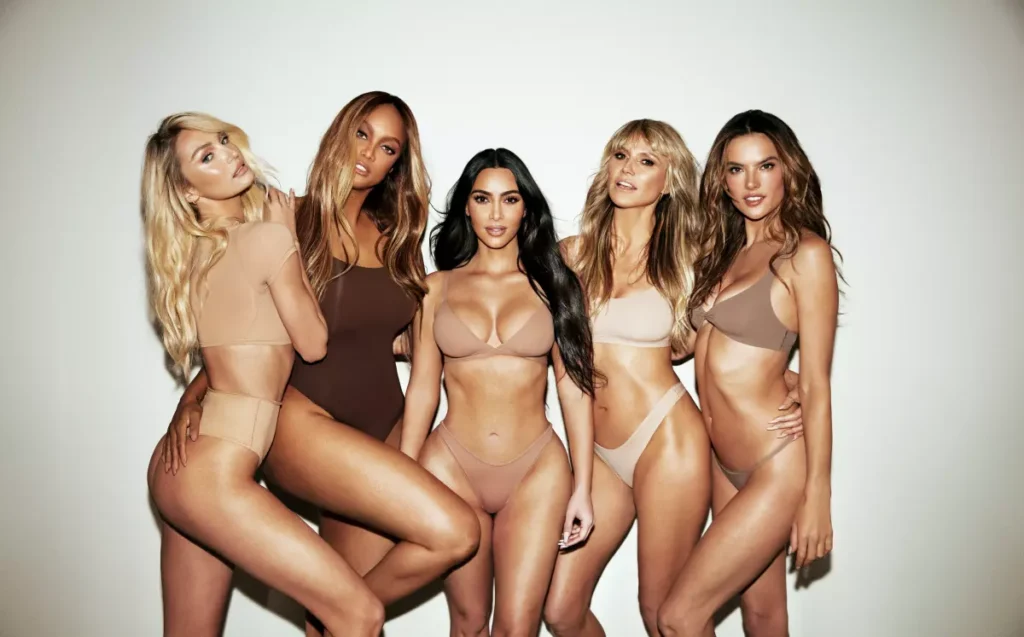Yesterday, it was announced that Elon Musk’s net worth crossed $400 billion, making him the world’s richest man. I read somewhere that that’s enough to buy every person on the planet a Netflix subscription, or end world hunger for 10 years (The UN says $40 billion annually could eradicate hunger)or buy all the houses in San Fransisco. But back in 2015, Elon Musk was not the household name he is today. While Tesla was gaining traction in the electric vehicle market and SpaceX was making headlines with its ambitious space programs, Musk’s personal brand was still under development. Recognizing the power of a personal narrative, Musk began to actively craft his image—not just as the CEO of two groundbreaking companies, but as a visionary on a mission to reshape humanity’s future.

Through candid interviews, Twitter engagement, and a clear alignment between his personality and his companies’ missions, Musk turned himself into a brand. Today, when people think of Tesla or SpaceX, they don’t just think of cars or rockets; they think of Musk’s vision, drive, and innovation. This personal branding effort hasn’t just elevated Musk’s public profile—it has directly contributed to the equity of his companies. Investors and customers buy into his vision, which amplifies the value of everything he touches.
This is the power of personal branding for entrepreneurs. It’s not just about visibility—it’s about creating trust, building equity, and becoming the differentiator in a competitive world. So, why is personal branding so critical for business people, entrepreneurs and the more traditional heavyweights that dread personal exposure?
Let’s face it: the days when a logo and a catchy tagline could carry a business are long gone. In today’s world, where Instagram reels outpace TV ads and tweets wield more influence than press releases, people aren’t buying from faceless corporations anymore. They’re buying into people—those they trust, admire, and, let’s be honest, occasionally envy. For entrepreneurs, this shift means one thing: your personal brand is no longer a nice-to-have. It’s your strategic secret weapon.
Building Trust in the Age of Authenticity
At the core of personal branding is something that feels increasingly rare in the digital age: trust. Customers crave authenticity. They want to know the person behind the product, the vision behind the pitch. Entrepreneurs like Patagonia founder Yvon Chouinard have leaned into this idea, building brands on values rather than just products. When Chouinard announced he was giving away the company to fight climate change, people didn’t just applaud the move—they believed in it because they believed in him.
For entrepreneurs, cultivating this level of trust is invaluable. It’s the glue that keeps customers loyal when competitors slash prices or trends shift. If people trust you, they’ll follow your business wherever it goes.
Opportunity Knocks (Louder When They Know Your Name)
A well-honed personal brand isn’t just about connecting with customers—it’s a magnet for opportunities. Media coverage, partnerships, speaking engagements—they all come easier when your name carries weight. Think about Gary Vaynerchuk, who parlayed a personal brand built on hustle and high-energy entrepreneurship into a media empire. His ability to attract opportunities has turned him into a one-man brand powerhouse, transcending his original roots in wine and social media.
For the average entrepreneur, you don’t need to go full Gary Vee, but you do need to position yourself as an expert in your field. A strong personal brand signals to the world—and the media—that you’re someone worth talking about.
Take the love-to-be-hated Kim Kardashian. In 2019, she wasn’t exactly a name you’d associate with shapewear. By then, she was already a global icon—part reality TV star, part beauty mogul, and entirely polarizing. But while skeptics rolled their eyes, Kardashian saw an opportunity to leverage her personal brand in a way that no one else could. Enter SKIMS, a shapewear line designed to cater to every body type, skin tone, and size.Fast-forward to today, and SKIMS is valued at over $4 billion. The brand’s success isn’t just about the product; it’s about Kim herself. Kardashian’s ability to transform her personal brand into an engine of cultural and financial power underscores why entrepreneurs need to invest in who they are, not just what they sell.

Adding Value, One Name at a Time
Here’s the kicker: your personal brand isn’t just about marketing—it’s an asset that increases the actual value of your business. Investors aren’t just pouring money into products or services; they’re betting on you. Your vision. Your credibility. Your ability to inspire others.
Elon Musk didn’t just build Tesla; he is Tesla. His name alone is synonymous with innovation (and, okay, a bit of chaos). Whether he’s tweeting about Mars colonization or Dogecoin, the attention he commands directly boosts the equity of his companies. Sure, not every entrepreneur needs Musk-level theatrics, but the principle holds: when your name adds value to your venture, you’re no longer just selling a product—you’re selling a movement.
Resilience in a Crisis
Here’s the hard truth: businesses stumble. Markets crash. Trends fade. But a personal brand? That can weather the storm. Take Sara Blakely, the founder of Spanx. When big-box retailers started to squeeze out smaller brands, Blakely doubled down on her personal story, positioning herself as a relatable, self-made billionaire. That narrative didn’t just sustain her—it propelled her brand into a new era.
A personal brand acts like a life raft. When everything else seems uncertain, it’s what keeps you afloat. Loyal customers, inspired followers, and your own reputation become the backbone of resilience.
At FamigliaEight, we are always brand-ising each person we work with. Better brands, better business. Some of the key strategies we implement are:

Build Stakeholder Relationships Like You’re Running for Office
In business, relationships are the currency of trust. Whether it’s customers, investors, or employees, people want to feel connected to the leaders they’re working with or supporting. It’s not enough to lead a company; you need to lead a community.
Use Social Media Strategically
Be intentional about where you show up. Social media isn’t just for influencers and brands—it’s a platform for leaders to connect, inspire, and drive conversations. It’s where you can humanize your business and amplify your values.
Stay True to Your Values (and Make Sure Everyone Knows Them)
It’s not enough to talk about what matters to you—live it. Whether it’s sustainability, inclusivity, or innovation, make your values visible in your decisions and initiatives. Actions speak louder than words.
The Takeaway
In a world where attention is the ultimate currency, personal branding is how entrepreneurs stand out, stay relevant, and thrive. It’s not about vanity—it’s about visibility. It’s not just marketing—it’s meaning. The stories you tell, the values you embody, and the connections you build don’t just sell your business—they define it.
So, whether you’re channeling your inner Kim Kardashian or crafting the next Patagonia-level purpose-driven empire, remember this: your personal brand isn’t just part of your business. It is your business. And if you do it right, it’s the most valuable thing you’ll ever build.

